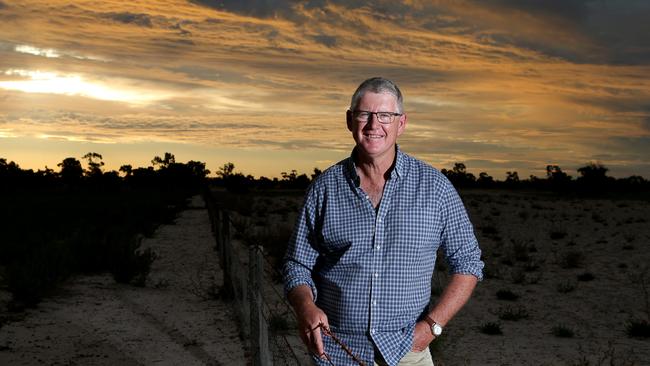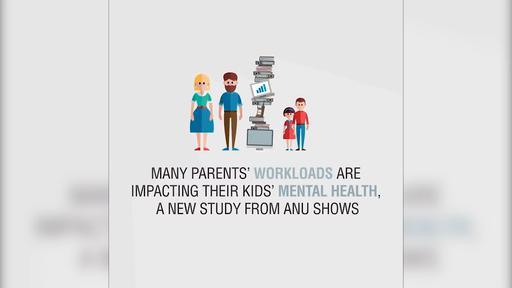Mental health gap in rural SA must be tackled, emerging as key State Election issue
A DISTURBING gap in help for sufferers of depression and anxiety is emerging, with only three psychiatrists based in rural South Australia compared to more than 200 in Adelaide.

SA News
Don't miss out on the headlines from SA News. Followed categories will be added to My News.
A DISTURBING gap in help for sufferers of depression and anxiety is emerging, with only three psychiatrists based in rural South Australia compared to more than 200 in Adelaide.
One of the state’s most comprehensive surveys of rural health reveals a growing disparity between country and city mental health services and shows an increase in suicide rates and drug use.
Early findings from the University of South Australia survey were backed by Mental Health Commissioner Chris Burns, whose own research in the past year showed “a clear lack of mental health services in the country that is compounded by the stigma of walking into a mental health clinic”.
Mr Burns said 30 per cent of deaths nationally for 15 to 24-year-olds were the result of suicide. Car accidents were the second largest killer — but even then many of the single-occupant crashes were linked to possible self-harm.
“The linkage between substance abuse, mental health and suicide, it’s tragic,” Mr Burns said.
“There’s also a lot of drug abuse in the Riverland and Mount Gambier area. It’s ice, the people using it are transient and moving from town to town, there’s a lot of homelessness and mental health is very strongly linked to substance abuse.”
Dr Matthew Leach, who is jointly conducting the health survey from the University of South Australia’s Rural Health Department, said that of the 1600 responses so far, mental health and cardiovascular disease emerged as the two major problems facing country SA.
“What it’s suggesting is there seems to be a high level of need around mental health, especially around depression,” Dr Leach said.
Presently, Whyalla, Berri, and Mount Gambier each has only one psychiatrist, with towns forced to depend on fly-in, fly-out support every three weeks. Mr Burns and Dr Leach said more services were vital to these regions.

Dr Leach and Associate Professor Martin Jones, who is also overseeing the survey, this week will target another 160,000 homes across country SA to continue to gauge gaps in rural health services so they could form a blueprint for future planning.
Dr Leach said there was further anecdotal evidence the drug ice shapes as a linked problem with mental health, with Jamestown medics listing it as a key problem.
The mental health issues gripping country regions comes as no surprise to Rural Business Support’s chief executive Brett Smith.
He believed it was well recognised farmers in particular lived in a “risky environment and there’s a lot of pressure on farmers and farming families”.
Commodity prices, rainfall, fires or floods all risked the future of their farms, and Mr Smith said “anyone who has endured a drought would probably be diagnosed with minor forms of depression”.


